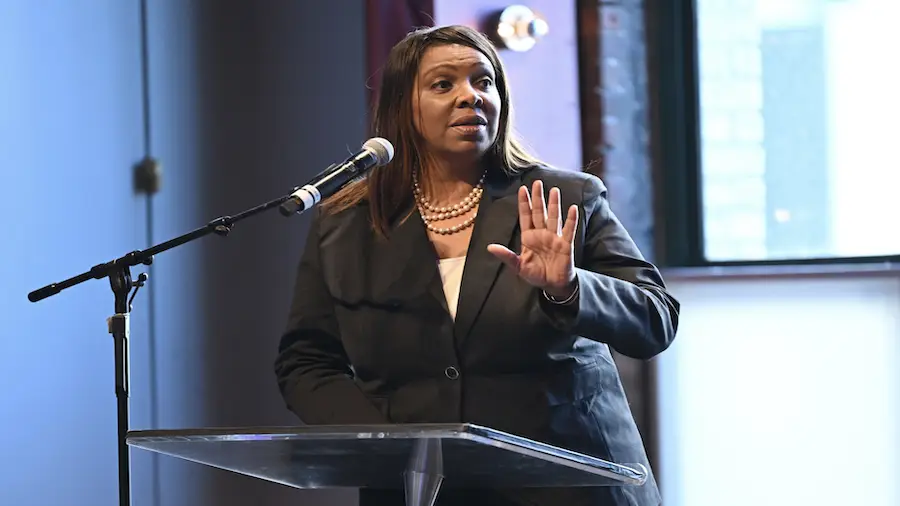China’s live-fire military exercises around Taiwan are threatening to disrupt trade and commercial travel in East Asia, forcing ships to divert from one of the world’s busiest waterways and putting further strain on tense supply chains. global supplies.
On Thursday, China began exercises involving the navy, air force and other military forces in the seas and airspace around Taiwan.
The exercises — unprecedented in number — are a direct show of force in response to US House Speaker Nancy Pelosi’s visit to the self-governing island, which Beijing has repeatedly warned against.
The Chinese Defense Ministry on Tuesday released a map of six zones around the island, where it said it will conduct air and sea exercises, as well as long-range live fire exercises that will last until Sunday.
Ships and aircraft were warned to stay out of areas during exercises.
Taiwan said the military exercises amounted to a “sea and air blockade” and “violated Taiwan’s territorial waters and its contiguous zone”.
They also threaten to disrupt trade flows on one of the world’s busiest shipping lanes.
The Taiwan Strait, a 110-mile-wide artery that separates the island of Taiwan and mainland Asia, is a major trade route for ships carrying goods between major Northeast Asian economies such as China, Japan and South Korea. , and the rest of the world.
London-based maritime consultancy VesselsValue said there are currently 256 container ships and other vessels in Taiwan’s territorial waters, with a further 60 estimated to arrive between Thursday and Sunday, when the exercises will take place.
“There is potential for substantial disruption to trade in the region,” said Peter Williams, trade flow analyst at VesselsValue.
Closing trade routes around Taiwan, even temporarily, “raises concerns about whether China can successfully do this again and what that could mean not only for future trade, travel and economic patterns, but also for potentially future scenarios.” defensive and security,” said Nick Marro, lead global trade analyst at the Economist Intelligence Unit.
Repercussions ahead
It’s not yet clear what the long-term impact will be, but shippers expect delays due to rerouting, potential lost sales and higher costs for workers who work longer hours.
Global supply chains have already been shaken by the pandemic and the war in Ukraine, which has disrupted the flow of goods and increased inflation in many parts of the world.
Any conflict in Taiwan, which dominates the semiconductor industry, could exacerbate the global shortage of computer chips, which are vital components of virtually all modern electronics.
Taiwan has seven main ports. The Port of Kaohsiung, located on the southwest coast, is the largest port in Taiwan and the 15th largest in the world, according to the World Shipping Council.
Taiwan’s Maritime and Ports Department issued three notices on Wednesday, urging ships to use alternate routes to ports in the cities of Keelung, Taipei, Kaohsiung and others.
Taiwan redirects international flights
Taiwan also redirected 18 international flight routes after negotiations with Japan and the Philippines.
Approximately 300 flights would be affected as a result of the rerouting, Taiwan’s Transport Minister Wang Kwo-tsai said on Wednesday.
“It’s not over, the repercussions, as they’re just beginning,” said Clifford Bennett, chief economist at ACY Securities, an Australian brokerage.
“Much worse will be any economic slowdown in the relationship between Taiwan and China as a result of Pelosi’s visit,” he said.
China has already hit Taiwan with some restrictions on trade since Wednesday, including suspending some Taiwanese fruit and fish imports and exports of natural sand to the island.
The entire event could “continue to reverberate causing further damage for months, even years, to both Taiwanese and US relations with mainland China,” Bennett said.
Wayne Chang of CNN Hong Kong, Shawn Deng, Brad Lendon, Beijing Bureau and Hannah Ritchie contributed to this report.
Source: CNN Brasil
I am Sophia william, author of World Stock Market. I have a degree in journalism from the University of Missouri and I have worked as a reporter for several news websites. I have a passion for writing and informing people about the latest news and events happening in the world. I strive to be accurate and unbiased in my reporting, and I hope to provide readers with valuable information that they can use to make informed decisions.







